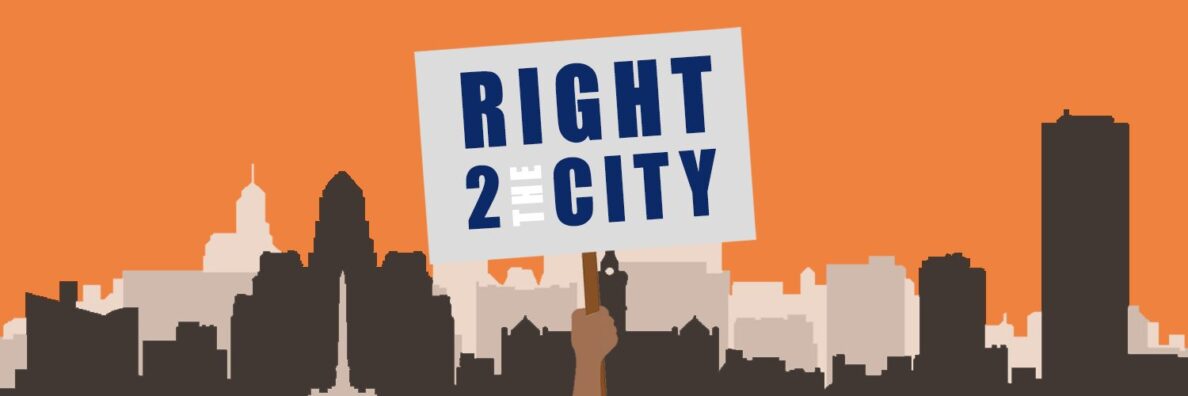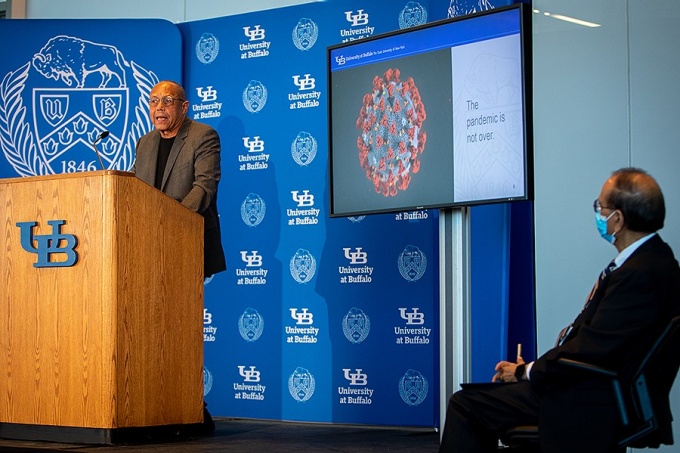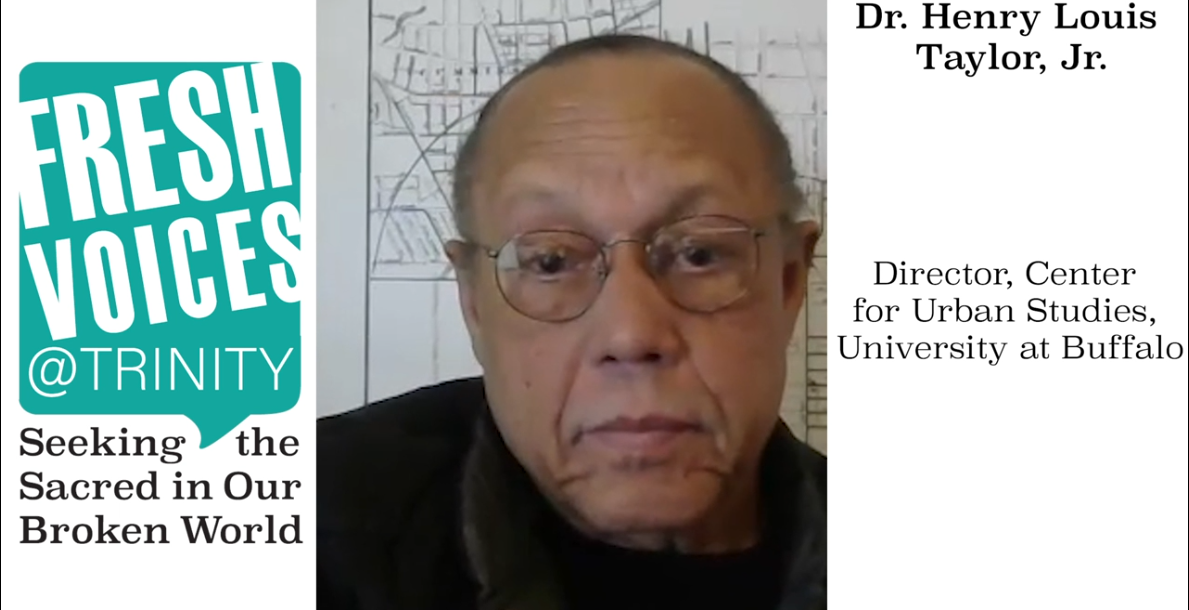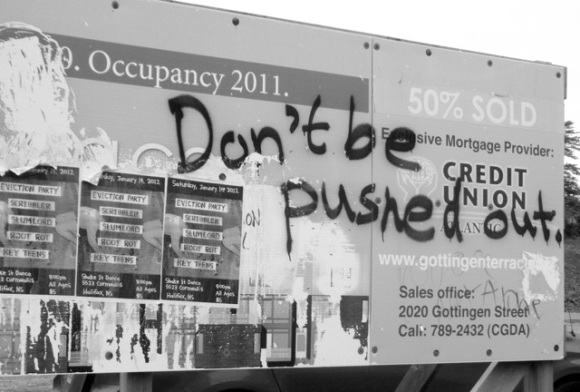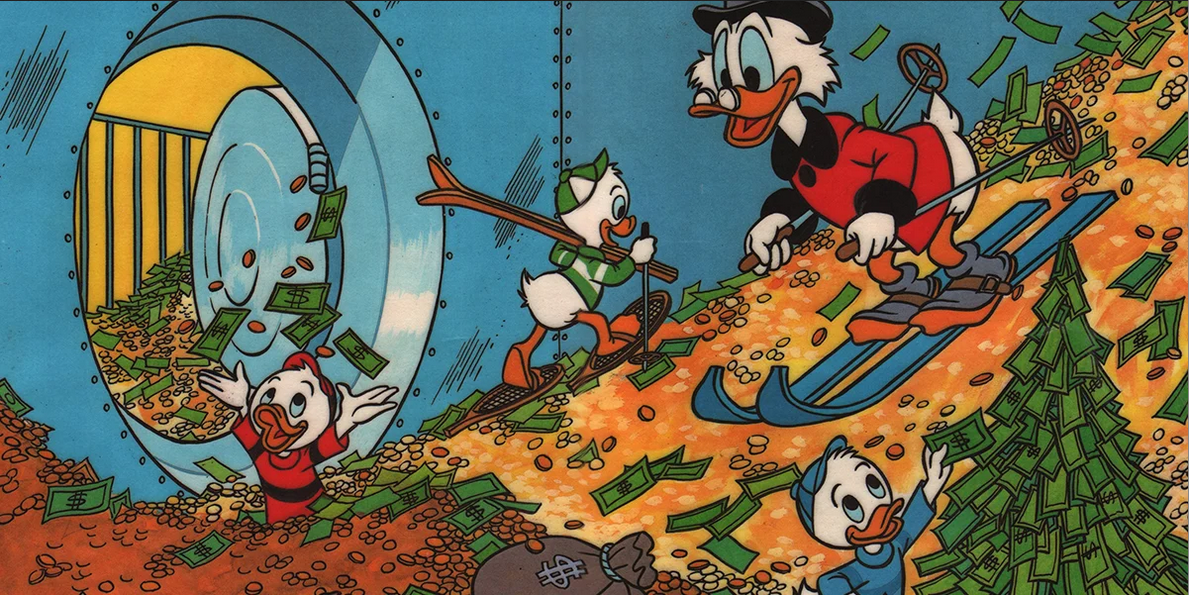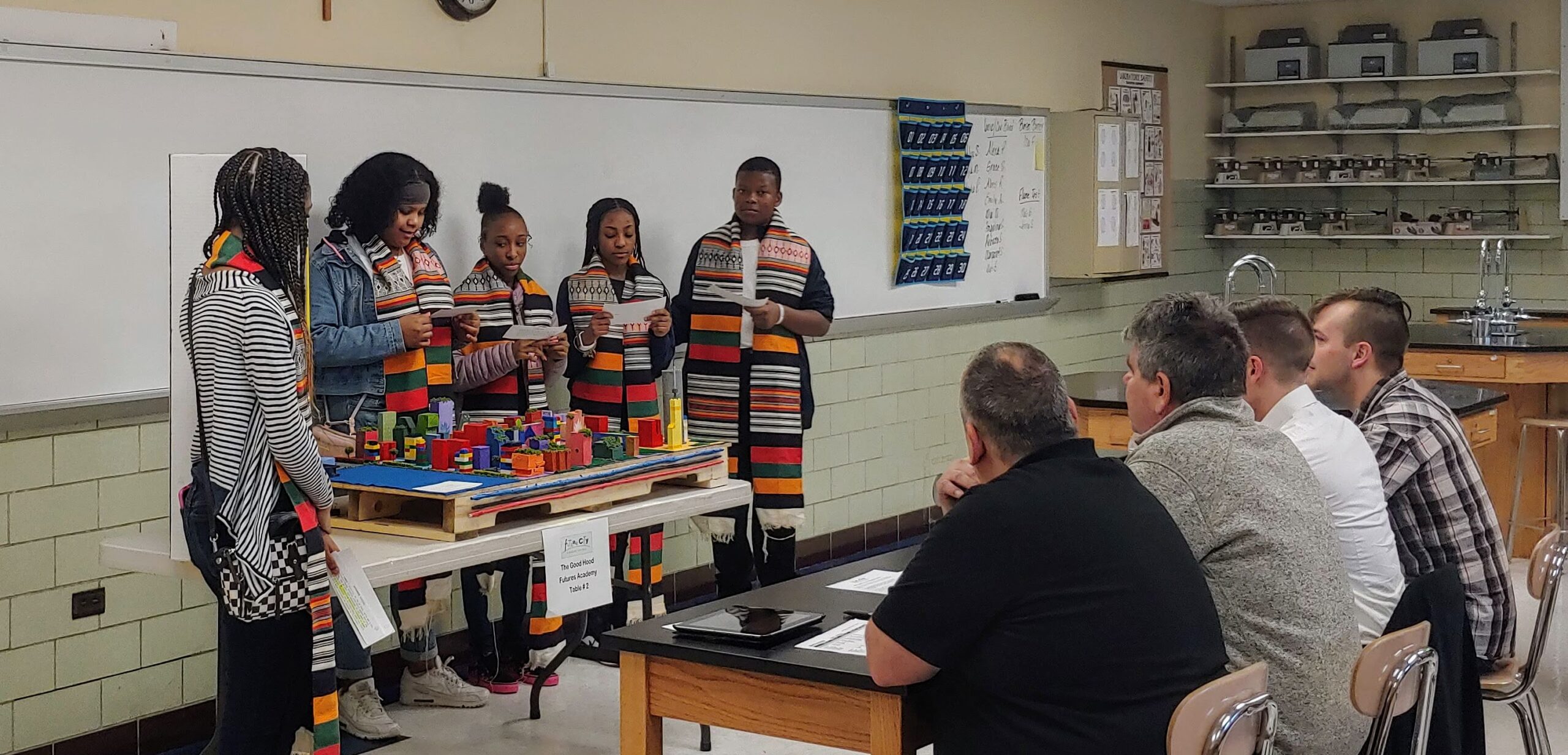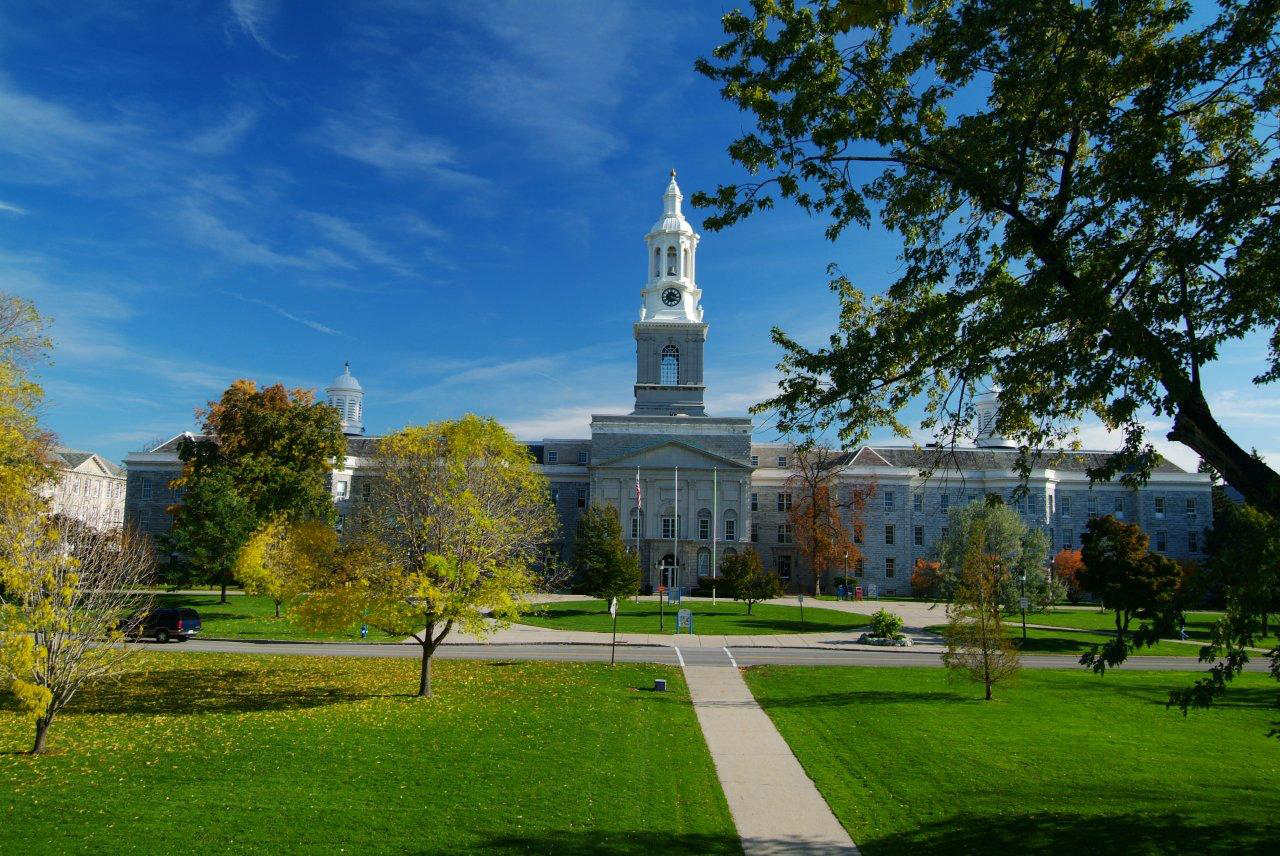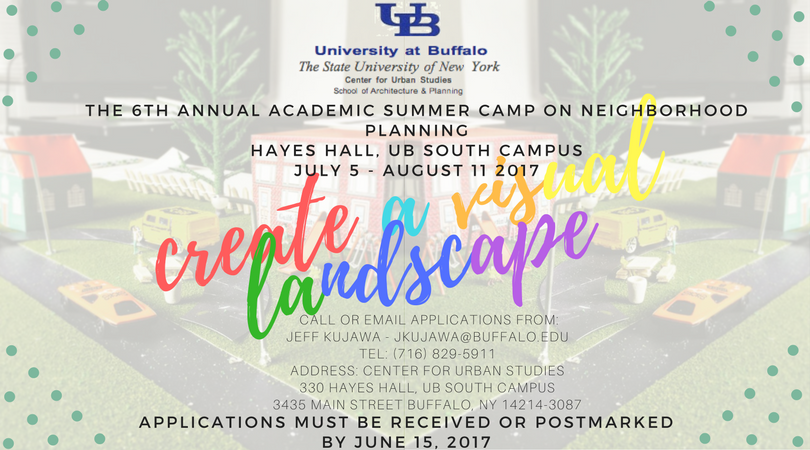Tagged: Center for Urban Studies
By Ellen Goldbaum
Read the full article from UBNow, here.
“A powerful partnership that brought UB faculty and community leaders together to fight against health disparities has allowed the community to respond more effectively to the pandemic than many cities across the nation, university and community leaders said today.”
An interview with Henry-Louis Taylor, Jr.
“People are saying ‘We don’t want to go back to the old way. We don’t want to find, on the other side of the apocalypse, the same old type of society…that we saw before.'”
By Ian Stern
“The question boils down to who has the right to a neighborhood? Is it the people who are living and have been living in their home and community for decades, with strong social and spatial ties? Or is it the people who want to live in the new up and coming neighborhood or the hospitals and medical research facilities and the people they employ?”
By Ian Stern
“The ideology of the primacy of the market is oozing from this stimulus package and the rhetoric being used by Republicans. The proposed stimulus only proves Dr. Martin Luther King Jr.’s words true, ‘We have socialism for the rich, rugged individualism for the poor.'”
By Henry Louis Taylor Jr.
“We are now in unchartered waters. The world we knew yesterday no longer exists. The surreal is the new reality. This pandemic conjures up images of the deadly influenza pandemic of 1918. It is way too early to compare COVID-19 to that tragedy, but already this pandemic has generated a response the world has never seen before.”
By Beth Kwiatek
“What does it mean when a group of young Black faces walk into a suburban school and say, “We don’t belong here”? What does it mean when those same kids face judges who are all male and white? What does it mean when those Black kids see white kids build cities in The Congo, Morocco, and Zimbabwe?”
By Henry Louis Taylor Jr.
“My argument is that the War on Poverty failed because it was based on a set of false assumptions. Poverty is not a curable disease caused by the interplay of culture and individual shortcomings, but rather it is a normalized economic state within the neoliberal capitalist system. Therefore, the positionality of people within the economy is determined by racialized labor market dynamics, which distributes high-, middle-, and low-income jobs to laborers in the workforce. Within this labor market system, poverty is a subdivision of the low-income employment sector.”
By Henry Louis Taylor Jr.
“The Fruit Belt neighborhood is a more colorful place thanks to the work of these students. A rusty chain-link fence around the Futures Academy community garden is now covered by a painted mural, a project informed by lessons in color theory and the effects of color on mood. Leading visitors through the garden is series of stepping stones, each painted with the students’ aspirations for their future neighborhood. That project was based on fieldwork in the community. Just beyond the borders of the garden is a “little library” constructed with a repurposed palette – and adorned with the colorful imagination of these campers.”
